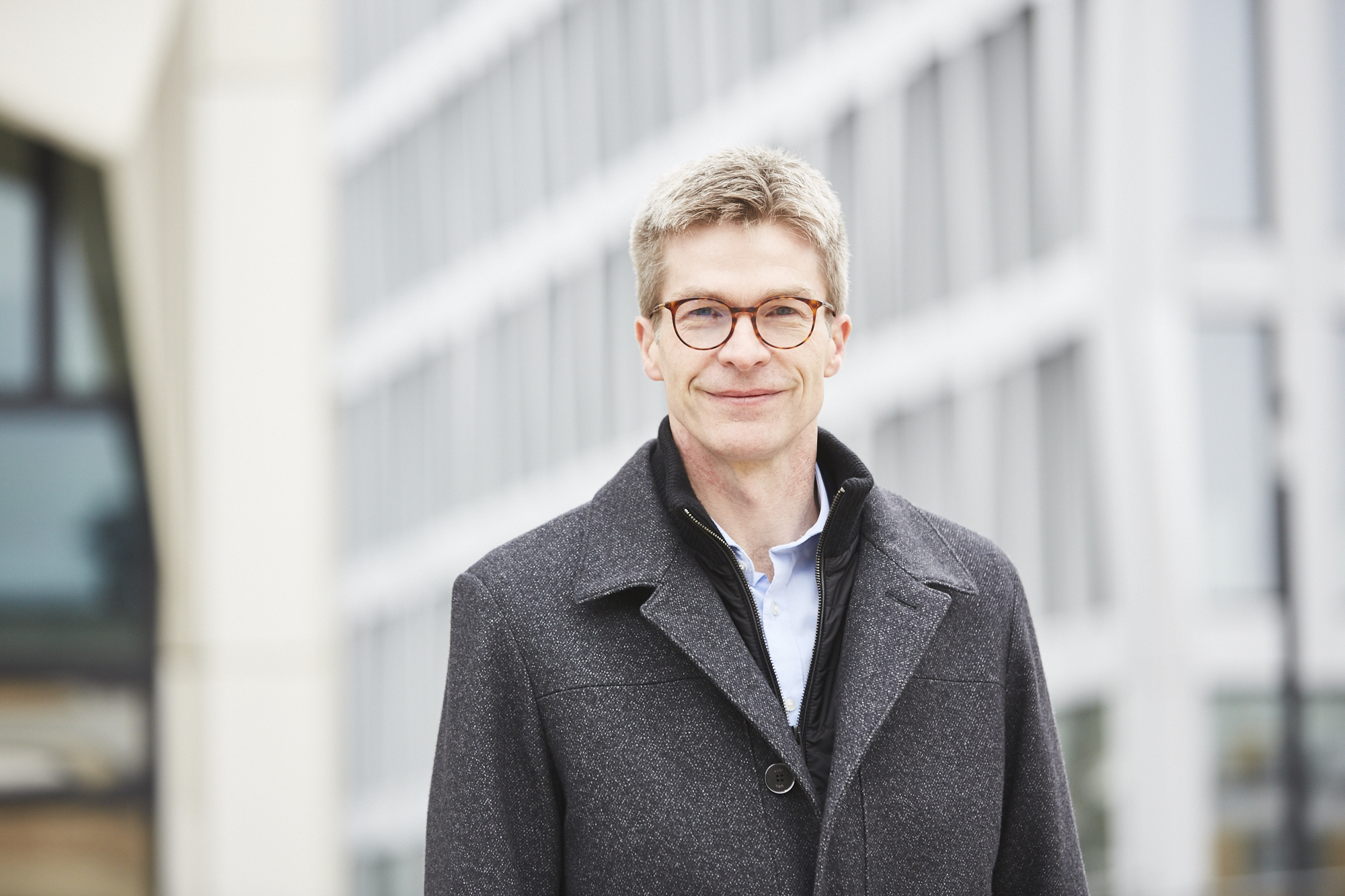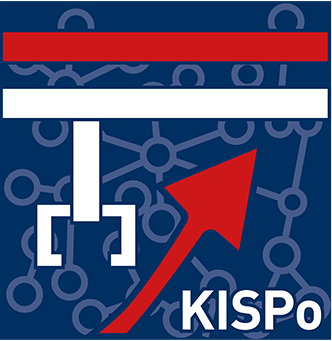Frontier technology for SMEs
![Maschinenbau/ Engineering [Translate to Englisch:] Fabrikhalle, im Vordergrund Nahaufnahme eines Bauteils für einen Elektromotor](/fileadmin/_processed_/e/2/csm_22_02_09_Zisgen_Fabrik_Elektromotor_28614c7102.jpeg)
h_da develops innovative AI methods for production together with industrial partners
Mathematicians at Darmstadt University of Applied Sciences (Hochschule Darmstadt, h_da) are developing innovative AI technologies in collaboration with SimPlan, a software company from Hanau, and automation experts Fibro Läpple Technology. In the LOEWE project “KISPo”, the consortium wants to develop autonomous, self-learning control software for production lines, such as are used, for example, to manufacture components for wind turbines or electric motors. This would be the first AI software of its kind and close a technology gap long criticised by industrial associations and the research community. The Federal State of Hesse is funding the project with €320,000 for two years. h_da is consortium leader.
By Christina Janssen, 9th February 2022
Digital networking of production facilities, machines and logistics centres worldwide poses new challenges for companies. “Industry 4.0” is the buzzword – more speed, flexibility, autonomy and – not least – sustainability are the order of the day. That is why especially SMEs are dependent on the development of innovative technologies to help them keep pace with these changes. “This applies above all for the production sector,” says h_da mathematician Professor Horst Zisgen, who previously worked in research and development at IBM. “A company that produces various types of electric motors, for example, is reliant on a large number of suppliers and a smooth workflow. Demand is high, production must run efficiently. But if the manufacturing process malfunctions somewhere, at the moment it’s difficult to resolve it.”
More efficiency and sustainability
At present, production processes are controlled according to rigid rules that were set down and programmed at some point in the past. In the event of a malfunction, the process has to be corrected manually, i.e. reprogrammed by hand – that costs time and money. “If, for example, an assembly station on my shop floor, at which two red screws are mounted, fails, then I’ve got – at the moment – a problem,” says Zisgen, putting it simply. “An intelligent system would be able to react autonomously and adjust the complex production process without compromising efficiency.” The production of another component (without “red screws”) would then temporarily take priority, for example.
Zisgen and his colleagues want to develop such intelligent control systems for a specific type of production line. The project title “KISPo” is an acronym for “KI-Verfahren zur Steuerung von Digitalen Portalroboterzwillingen” (“AI Methods for the Control of Digital Portal Robot Twins”). In gantry systems, workpieces, for example the casting blank for an electric motor, are transported from one processing station to the next. At each station, a further work step is performed, or a component is added. The workpieces are transported by carriages fitted with grippers that travel along rails from station to station. Products typically manufactured on such lines are many and varied: from wind turbine gearboxes to parts for trains. Larger manufacturing lines of this type fill entire production halls.
To date, there is no intelligent control software on the market for such complex production lines that is based on machine or reinforcement learning – a lack lamented both by
the VDMA, the main association for the mechanical engineering sector, and the scientific community. A study on machine learning conducted by Fraunhofer in 2018 concluded that “wider and faster application-oriented implementation of AI in concrete product, process and service innovations” is necessary in order to make Germany competitive over the longer term.
A chance for SMEs and Hesse as a business location
With “KISPo”, Zisgen and his partners from Hanau, Hesse, and Haßmersheim in Baden-Württemberg are filling this gap: “The technological solution we’re aiming at offers clear competitive advantages: it will make production more flexible, companies will be able to react quicker to changes in supply chains and the market as well as manage their business more efficiently and sustainably as a result,” says Boris Bind, Head of Engineering at FLT. Simulation models developed by SimPlan in Hanau are being used in the development phase to train the software on which the consortium is working. “When our software prototype is then used for the first time, the system will already be well-trained and able to master difficult situations. The more it’s used in practice, the more it will then learn,” explains Professor Sven Spieckermann, chair of SimPlan AG’s management board.
For the three stakeholders from science, the software industry and plant engineering, collaborative research presents an opportunity to entrench reinforcement learning in SMEs. “It’s important to highlight that it’s all about knowledge transfer in the best sense of the word,” says consortium leader Professor Horst Zisgen. “Not only individual companies can profit from these new methods, but the whole of Hesse as a location for science and business.”
Translation: Sharon Oranski
Website Prof. Zisgen: personen.fbmn.h-da.de/~zisgen/index.php/Main/HomePage
Contact details
Christina Janssen
Scientific editor
Press department
Tel.: +49.6151.16-30112
E-Mail: christina.janssen@h-da.de

